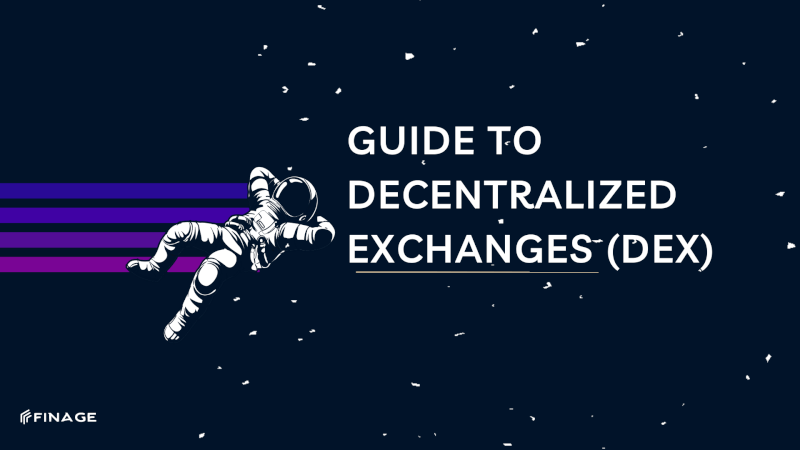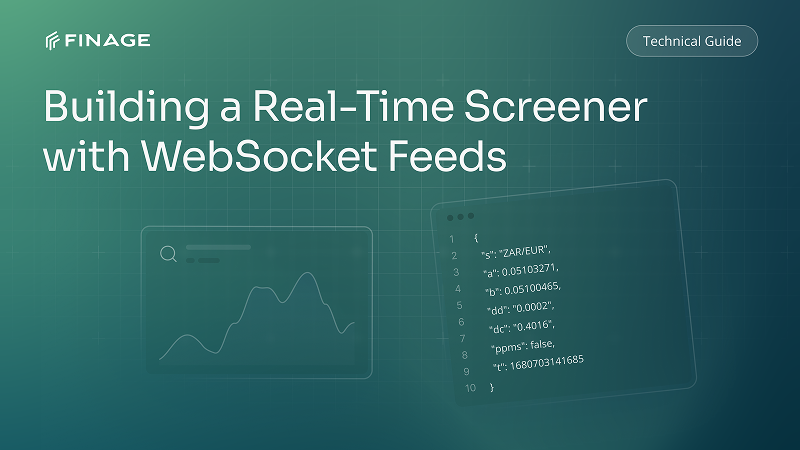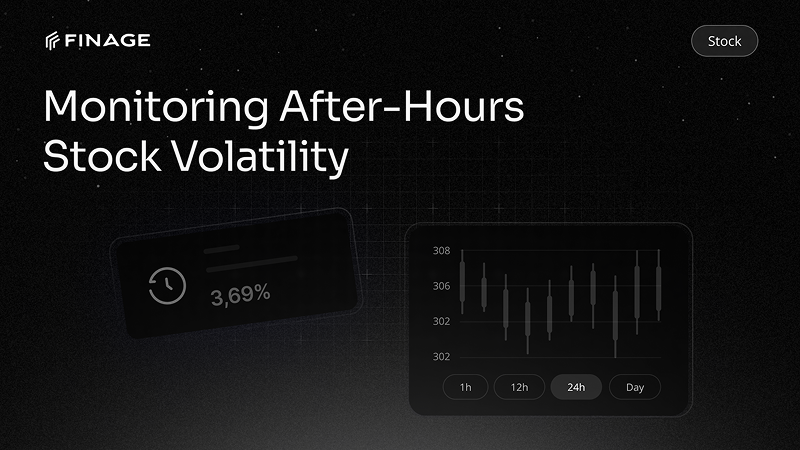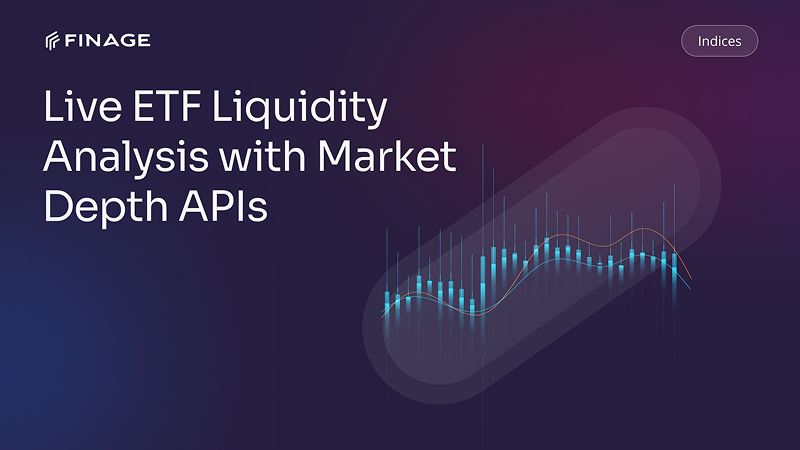Guide to the Decentralized Exchanges (DEX)
5 min read • March 9, 2023

Introduction
A decentralized exchange is a system in which people trade cryptocurrency without using an intermediary body. They can make exchanges without handing over the management of assets to a custodian. All transactions made are done directly. Decentralized Exchanges have become popular in the crypto world because they offer more freedom to stakeholders.
Also, the trading volume is significant in this system. It eliminates the need for a third party to supervise transactions. The DEX can link buyers and traders. That way it becomes easier to make trades. Users can then decide whether they want control of all keys or hand over control to the DEX. The main function of decentralizing aggregated data feeds in this system is to eliminate the need for constant supervision as traders make transactions in cryptocurrency, allowing for more autonomy and efficiency in the process. Let’s check now the main types of DEX!
Contents:
- Main types of DEX
- On-chain
- Order book
- On-chain
- Off-chain
- Automated Market Makers
- Aggregators
- Features
- Final thoughts
Main types of DEX
Decentralized Exchanges come in various types, with each type offering unique features and benefits. Learning more about these types can aid in choosing the most suitable exchange for specific needs. Here are some examples:
On-chain
In this type, all the buying and selling orders are placed on a Blockchain. So anyone can place information about orders on a Blockchain which provides more access to trades. An advantage of chain Decentralized Exchanges is that it provides traders with access to more lenders. So they have more opportunities to get additional funds.
Order book
These provide information on all the previous orders made. This is usually done in a system where pairs of purchasing and sales orders are made. Each buying order shows the intent of a person to purchase a stock. This can also be in the form of a bid. Sell orders on the other hand indicate that a trader is ready to receive bid prices on stock. So anyone interested can ask for a selling price. Order books can be divided into on-chain and off-chain.
Traders retain their funds in a wallet while orders are placed. So you can trade with borrowed funds. By leveraging trades, the opportunities for making profits are higher. One disadvantage of order books is the stuff-competition from centralized exchanges. Because of this, there may be some difficulties with liquidity. The off-chain type will usually help to reduce overall costs.
On-chain
In this type, all the buying and selling orders are placed on a Blockchain. So anyone can place information about orders on a Blockchain which provides more access to trades. An advantage of chain Decentralized Exchanges is that it provides traders with access to more lenders. So they have more opportunities to get additional funds.
Off-chain
Unlike the on-chain DEX, this type uses off-chain technology. All orders are stored on an off-chain network. While transactions can be made on a Blockchain, orders are stored outside. This makes the off-chain Dex function like a centralized system. So traders have access to centralized exchanges.
Offchain books also reduce overall expenses. It also increases the speed at which transactions are made. Most trades will be done at the desired price of the owner of funds. Apart from borrowing, traders can also lend others their funds. By loaning funds, you receive an interest that accumulates over time. The loans are always secured by the liquidation mechanism used on decentralized Exchanges.
Automated Market Makers
These make use of smart contracts to solve any liquidity problems that traders may face. Automated Market Makers use fully funded liquidity pools to gather information. This is then used to create the prices from all trades. Blockchains provide the necessary information that will be used to determine prices.
Aggregators
In decentralized Exchange aggregators, the goal is to provide solutions to the liquidity issues that arise. This is done using various protocols. So it works by combining different DEXes to provide a more convenient platform that also reduces any potential losses. These are likely to occur when large orders are made.
Aggregators also aim to offer the best prices for funds or tokens. This reduces the chances of users making significant losses. Trades can be made with minimal losses and in a short time. Some go on to provide additional liquidity from centralized platforms to users. This improves the user experience.
Features
DEXes can facilitate transactions between peers through smart contracts. Without an intermediary body on all transactions, it eliminates the need for paying commissions. As opposed to centralized systems, a DEX allows traders to make exchanges directly. So a trader is the only person responsible for the outcome of each exchange. Do not forget to follow the reliable sources as they play a crucial role in the financial world, particularly in the realm of decentralized exchanges (DEX), where up-to-date information is essential to making informed investment decisions.
Traders use portals to send and receive funds or assets. The majority of decentralized Exchanges are placed on Blockchains. These Blockchains rely on smart contracts. Users will keep all their funds on a Blockchain. Any trader on a Decentralized exchange has to pay both a user and transaction fee. The cost varies on different Blockchains.
To start using a DEX, you need the following:
- To understand which network to use
- Choose a compatible wallet
- Add funds to a wallet
- Provide native tokens for payments
To prevent any financial losses, it's crucial to ensure that funds are withdrawn to the correct wallet. Double-checking the recipient wallet address before initiating a transaction can help avoid irreversible errors.
Final thoughts
Decentralized Exchanges offer the chance for traders to make transactions without a third party. They provide a way of circumventing any supervision while making trades. Users can buy and sell directly through bids.
By using smart contracts, it is easier to place orders which can be on a Blockchain or off-chain networks. DEXes provide secure transactions and help users to reduce the risk of losses. Modern systems that use off-chain technology provide more liquidity. This increases the chances of making profits on all trades. Users can loan their funds and earn guaranteed interest. This makes Decentralized Exchanges more popular in the crypto world. And Finage can help you enhance the efficiency and accuracy of real-time data for DEX and other decentralized exchanges!
You can get your Real-Time and Historical DEX Data with Finage free DEX Data API key.
Build with us today!
Claim Your Free API Key Today
Access stock, forex and crypto market data with a free API key—no credit card required.

Stay Informed, Stay Ahead
Finage Blog: Data-Driven Insights & Ideas
Discover company news, announcements, updates, guides and more


